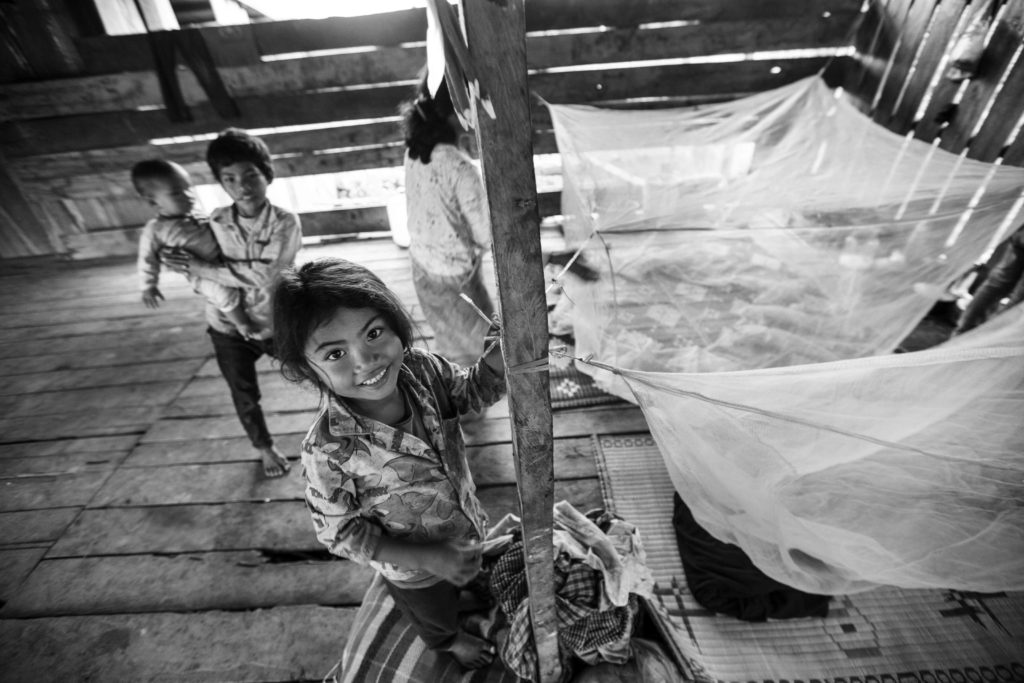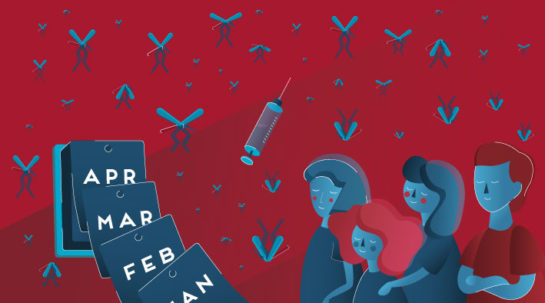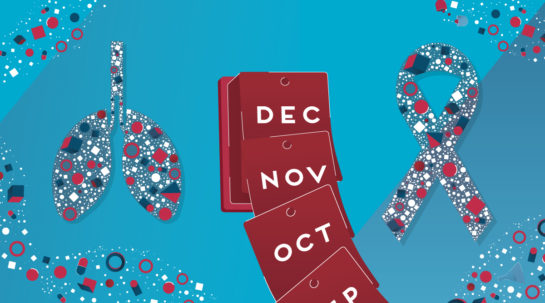Deflecting the mosquito-borne infection on several fronts
Indoor spraying to kill mosquitoes, preventive malaria drugs, insecticide-treated bed nets and the world’s first malaria vaccine are all forms of malaria prevention contributing to the global push to end the epidemic by 2030. Unitaid and partners are working to connect pregnant women in high-malaria areas with medicines that stop the disease from endangering them and their babies. Small children, a group particularly endangered by malaria, have been the focus of another preventive medicines project, in the Sahel region of Africa. Meanwhile, Unitaid is funding work to develop effective, affordable indoor sprays to replace older formulations that no longer work. A new tool for malaria prevention is the vaccine RTS,S, known by the brand name Mosquirix. After three decades in development, the vaccine is being given to children in three countries as part of a World Health Organization pilot programme supported by funders including Unitaid.

Unitaid’s Executive Board has recognised the following as specific priorities:
- Expanding access to preventive chemotherapy in pregnant women
- Accelerating adoption of innovative vector control tools
By the numbers
-
50 percent
Estimated proportion of people at risk of malaria who were sleeping under a mosquito net in 2017
-
22 percent
The proportion of pregnant women in 2017 who received preventive malaria treatment (in 33 African countries reporting)
-
13.7 million
The number of children who were eligible, but did not receive, seasonal malaria chemoprevention in Africa's Sahel in 2017, mostly due to lack of funding.
-
435,000
People died of malaria in 2017
Why is Unitaid investing in Malaria prevention?
Malaria is a preventable, curable disease that killed 435,000 people in 2017. It claims the life of a child every two minutes. Unitaid is working toward the global goal of bringing an end to the malaria epidemic by 2030.




